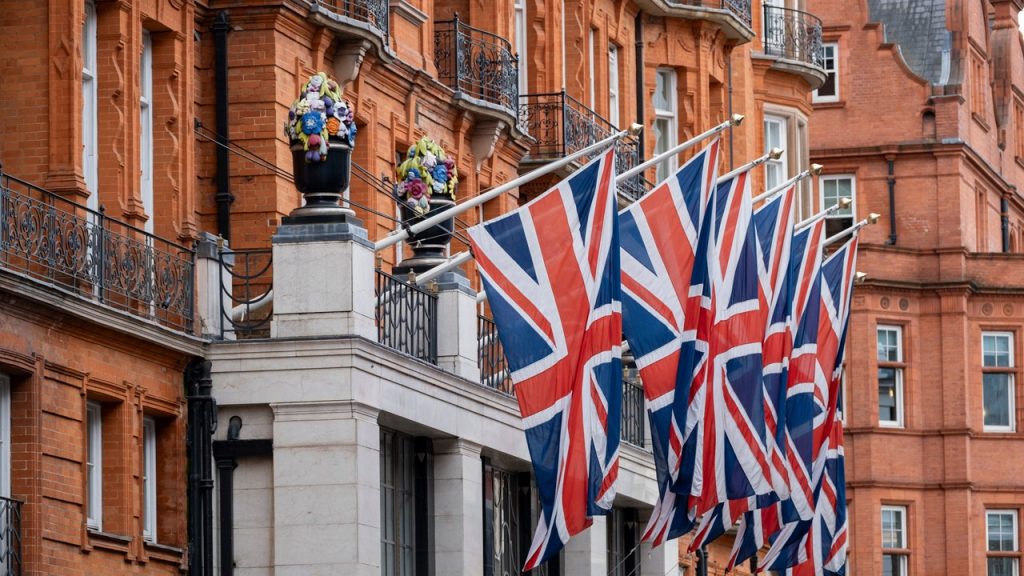A legal challenge has been filed against the British government regarding their approval of arms exports to Israel. The challenge was filed by Palestinian human rights organization Al-Haq and the U.K.-based Global Legal Action Network, who called for the U.K. to stop granting licenses for arms exports to Israel after a deadly Hamas attack triggered a war between Israel and Hamas. The case was initially dismissed in February, but a High Court judge has granted a judicial review hearing for October. The human rights groups argue that there is a clear risk the weapons may be used to commit serious violations of international humanitarian law in Gaza.
The U.K. Department for Business and Trade’s lawyer, James Eadie, defended the government’s position, stating that decisions about arms exports to Israel are made with care and thoroughness and have been lawful and rational. However, rights groups have long opposed British arms exports to Israel, especially following an Israeli airstrike that killed seven aid workers, three of whom were British. More than 600 British lawyers and judges, including three retired judges from the U.K. Supreme Court, have called for the government to suspend arms sales to Israel, citing the risk of complicity in grave breaches of international law.
The Campaign Against Arms Trade, a nonprofit group, alleges that British industry, specifically BAE Systems, provides components for the F-35 stealth combat aircraft used by Israel, which they claim were used in the recent bombardment of Gaza. According to the group, the U.K. government has stretched legal reasoning to arm a country committing grave violations of international humanitarian law. Senior lawyer at the Global Legal Action Network, Dearbhla Minogue, stated that the government has been intentionally delaying the process, despite the urgent situation in Gaza, and called for an immediate halt to weapons sales based on international legal consensus.
The legal challenge against the British government highlights concerns over the U.K.’s role in arming Israel amid ongoing conflicts in the region. The government’s stance that decisions about arms exports to Israel have been lawful and rational is being challenged by human rights groups and legal experts who argue that the U.K. could be complicit in grave breaches of international law by continuing to supply weapons. The increasing calls to suspend arms sales to Israel come following an Israeli airstrike that killed aid workers, including British citizens, and have gained support from a large number of legal professionals.
The case, which is set for a High Court hearing in October, raises questions about the ethical and legal implications of the U.K.’s arms exports to Israel. The Campaign Against Arms Trade has accused the government of disregarding international humanitarian law and providing support for a country engaged in violations of human rights. With mounting pressure from human rights groups, legal experts, and the public, the British government is facing growing scrutiny over its role in supplying weapons to Israel and the potential consequences of its actions in the conflict in Gaza. The outcome of the legal challenge could have significant implications for the future of arms exports from the U.K. to Israel and the U.K.’s stance on international humanitarian law.


